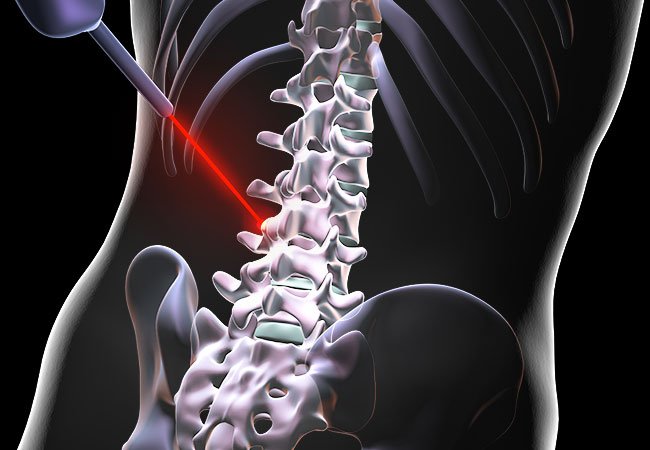Laser spine surgery is popular for those with spine injuries, such as herniated discs. However, it is vital to understand this procedure’s benefits, risks, and limitations. This blog will explore the advantages and disadvantages of this procedure.
Benefits of Laser spine surgery
Laser spine surgery has been a minimally invasive procedure that can help alleviate pain and discomfort caused by spinal conditions. It is a safe as well as effective way to treat a variety of spinal conditions with minimal recovery time and minimal risk of complications. Laser spine surgery can benefit those suffering from chronic back pain.
Invasive
One of the significant benefits of spine surgery is the minimally invasive nature of the procedure. This means that the surgery is performed through small incisions, and there is no need for large incisions or general anesthesia. This reduces the risk of infection and other complications associated with traditional open-back surgery. Additionally, the procedure is typically performed on an outpatient basis, meaning that patients can be discharged the same day and return to daily activities within a few days.
Relief from Pain
Another benefit of laser surgery is that it can provide long-term relief from chronic back pain. The laser energy used during the procedure can help reduce inflammation, improve nerve function, and reduce pressure on the spine. This can help reduce pain and discomfort and improve the patient’s quality of life. Additionally, the procedure can help improve mobility and reduce the need for long-term pain medications.
Drawbacks of Laser spine surgery
Laser spine surgery is an invasive procedure that can be needed to treat various spinal conditions. While this type of surgery can relieve pain and other symptoms, it is crucial to understand the potential drawbacks associated with this procedure.
Cost
The first potential drawback is the cost. Laser spine surgery is often more expensive than traditional open surgery due to the specialized equipment and expertise needed to perform the procedure. Additionally, the cost of the system may not be covered by insurance, leaving the patient to pay out of pocket.
Risk of Complication
Another potential downside of laser spine surgery is the risk of complications. As with any surgical procedure, infection and other complications are risks. Additionally, the process may not provide the desired results, leaving the patient with ongoing pain and other symptoms.
Not for all
Finally, laser spine surgery may only be suitable for some patients. The procedure may not be recommended for those with certain medical conditions or previous spinal surgery. It is essential to discuss the risks and benefits of the process with a doctor before deciding if laser spine surgery is the right choice.
Conclusion
Laser spine surgery can benefit those suffering from chronic back pain. The minimally invasive procedure reduces the risk of infection and other complications. Additionally, the method can provide long-term relief from chronic pain and improve the patient’s overall quality of life. Laser spine surgery may be the answer for those searching for a safe and effective way to treat their spinal condition.



